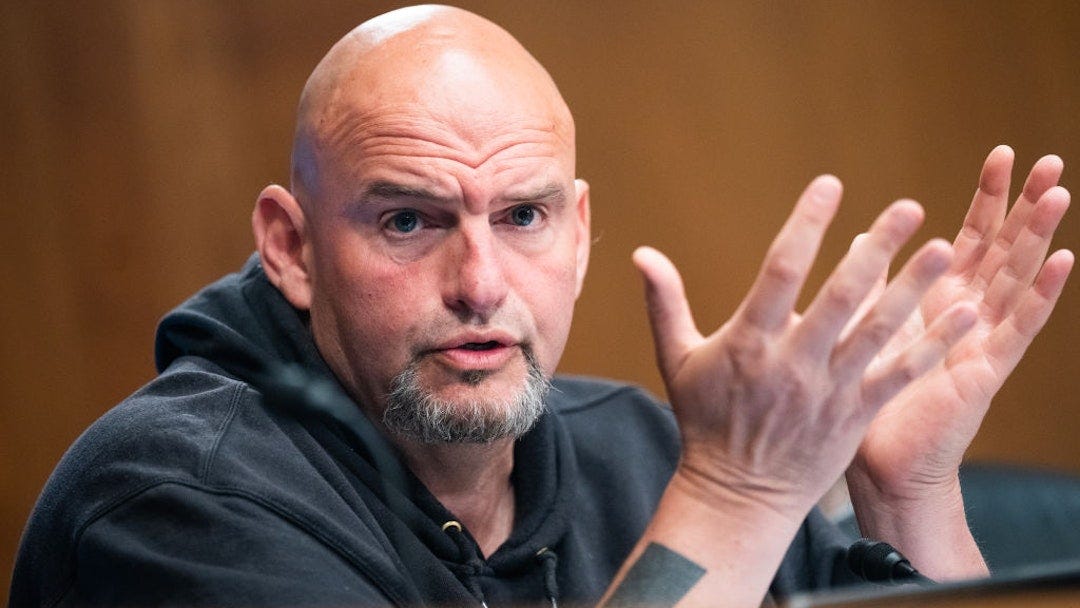Is John Fetterman Going To Surprise Us?
Senator John Fetterman has recently been displaying rhetoric that seems to signal a potential shift toward the center. In a notable statement, Fetterman expressed hope for the success of President-elect Donald Trump, stating, “I’m not rooting against him,” and emphasizing the importance of putting the “country first.” This uncharacteristic remark raised…




